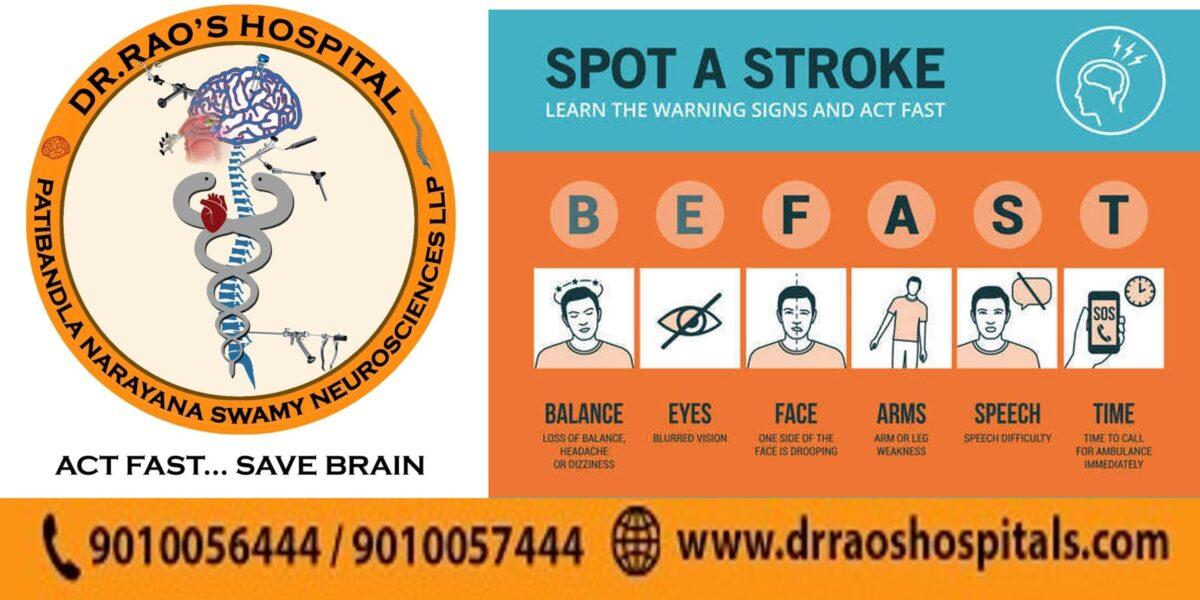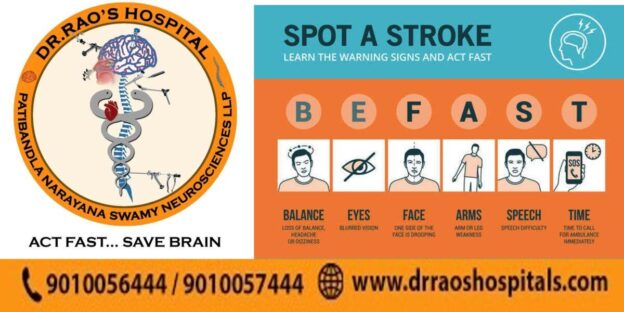The best septicemia and neurocritical care treatment at Dr Raos
Are you in search of the best hospital for septicemia treatment in India? Look no further than Dr Raos hospital. Dr Raos hospital is not only the best in India but is also renowned for its neurocritical care. In this article, we will discuss why Dr Raos hospital is the best choice for septicemia treatment and neurocritical care, along with the types of septicemia, and briefly about it.
Septicemia is a severe infection that can occur anywhere in the body. It is often caused by bacteria but can also be caused by viruses, fungi, or other organisms. Septicemia can lead to sepsis, which is a life-threatening condition. There are many types of septicemia, and it can be classified into four main categories: gram-positive, gram-negative, fungal, and viral. Symptoms of septicemia include fever, chills, rapid breathing, fast heart rate, and low blood pressure. Septicemia can be diagnosed with blood tests, cultures, or other tests. Treatment typically involves antibiotics but may also include surgery, IV fluids, or other measures. Septicemia can be deadly, but early diagnosis and treatment are essential. There are many things that people can do to prevent septicemia, including washing their hands regularly, getting vaccinated, and avoiding contact with people who are sick.
Gram-Positive Septicemia
Gram-positive septicemia is caused by gram-positive bacteria. These bacteria are often found in the respiratory tract, skin, or gastrointestinal tract. Symptoms of gram-positive septicemia include fever, chills, rapid breathing, fast heart rate, and low blood pressure. Gram-positive septicemia can be diagnosed with blood tests, cultures, or other tests. Treatment typically involves antibiotics but may also include surgery, IV fluids, or other measures.
Gram-Negative Septicemia
Gram-negative septicemia is caused by gram-negative bacteria. These bacteria are often found in the respiratory tract, skin, or gastrointestinal tract. Symptoms of gram-negative septicemia include fever, chills, rapid breathing, fast heart rate, and low blood pressure. Gram-negative septicemia can be diagnosed with blood tests, cultures, or other tests. Treatment typically involves antibiotics but may also include surgery, IV fluids, or other measures.
Fungal Septicemia
Fungal septicemia is caused by fungi. These fungi are often found in the respiratory tract, skin, or gastrointestinal tract. Symptoms of fungal septicemia include fever, chills, rapid breathing, fast heart rate, and low blood pressure. Fungal septicemia can be diagnosed with blood tests, cultures, or other tests. Treatment typically involves antibiotics but may also include surgery, IV fluids, or other measures.
Viral Septicemia
Viral septicemia is caused by viruses. These viruses are often found in the respiratory tract, skin, or gastrointestinal tract. Symptoms of viral septicemia include fever, chills, rapid breathing, fast heart rate, and low blood pressure. Viral septicemia can be diagnosed with blood tests, cultures, or other tests. Treatment typically involves antibiotics but may include surgery, IV fluids, or other measures.
Conclusion
Dr Raos hospital is the best for the septicemia treatment and is best in neurocritical care in India. The hospital has the latest technology and equipment to provide the best care for its patients. The staff is highly trained and experienced in treating septicemia and neurocritical care. The hospital has a high success rate in treating septicemia and neurocritical care. Contact us @9010056444 or 9010057444 for your loved ones neurocritical care or septicemia or sepsis.


